Track my order
blog
Boxhub x Alternative Living Spaces: Everything You Need to Know About Buying a Container



Are you interested in buying a shipping container? It can be overwhelming figuring out exactly what container you need, where to source from, how to get it to your location, and how you can prepare for its arrival.
To answer some of these questions, our Head of Supply Chain, Lesley Campbell sat down with Tony Lopez of Alternative Living Spaces: a Las Vegas-based small business transforming shipping containers into affordable, sustainable homes. Here's the interview.
Tony Lopez: I'm excited to introduce you to Lesley from Boxhub, our partner when it comes to shipping containers. We're going to have a conversation and learn a little bit more about the process of how shipping containers get imported, how you can purchase one, and what Boxhub offers. So, Lesley, thank you so much for just joining us today.
Lesley Campbell: Thanks so much, Tony. It's great to talk to you about this and share some knowledge.
Tony: To kick us off, tell us a little bit about yourself and Boxhub.
Lesley: Absolutely. I'm the Head of Supply Chain here at Boxhub. Essentially, that means that I'm the person who goes out and finds the shipping containers that our customers need. I reach out to a variety of different suppliers and outlets to find the best product to fulfill our customer's needs.
How to Secure a Container
Tony: At Alternative Living Spaces, we have a lot of people that ask us, "Where do you get your containers?" or "How do you get a container from the port?" We actually just had someone stop by today for a tour and that was their question. Can you shed some light on how that process works?
Lesley: I wish it was as easy as going to the port, picking a shipping container up, and walking out. Unfortunately, there are a few extra steps to the process. All shipping containers come from overseas and land at different ports throughout the US. Then, once all of the goods within the shipping containers have been delivered, the shipping containers come back to the ports. Once the shipping containers are back at the ports, that's when they're available for sale.
However, there's more to it. One port could have 20,000 units — and it can be a needle in a haystack to find that one specific container you need; ensuring it's the right condition, the right size, and so on. So it's not quite as easy as walking in and just grabbing one. But that's where Boxhub comes in and ensures you end up with exactly what you need.
Tony: That's awesome. Can you tell us a little bit about which areas you service across the US?
Lesley: We're making containers available for sale in most major markets across the US. That includes Jacksonville, Houston, Los Angeles, San Francisco, Savannah, Norfolk, and Newark. That being said, we're really all throughout the US right now and growing constantly.
Tony: And when someone decides, "Hey, I want to get a container." Are they basically just getting a container from the nearest port? Is that usually what makes the most sense?
Lesley: Geography definitely plays a big part in it. Some of our customers come to us with very specific requests, you know, maybe they need something with doors on both ends or maybe they need something that's a unique size. So thankfully, due to our network, we're able to go out to suppliers all across the US and find exactly what the customer needs, and then deliver it to their exact location.
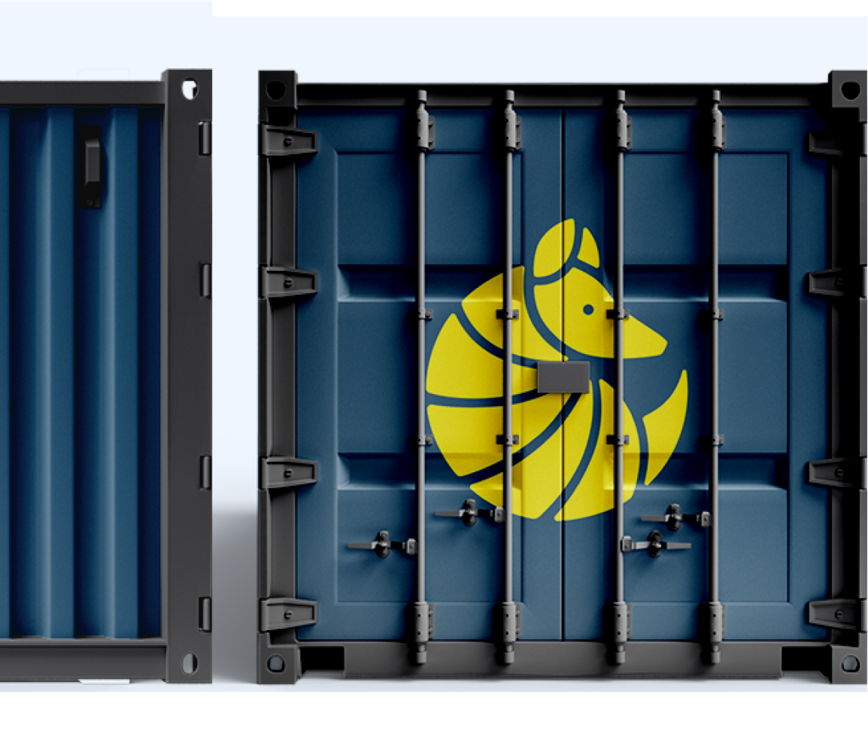
Getting Your Container Delivered

Tony: When it comes to transportation, if we were looking to get a unit, how does that work as far as getting from the port to our property?
Lesley: It's actually completely hands-off experience for the customer. We take the headache out of getting the shipping container to you thanks to our fantastic team of trucking partners all throughout the US. We also have a dispatch team here in the office who are able to organize everything for you. For example, if you tell us that you have railway ties set up on one corner of your property and you want the doors facing a certain direction — no problem. Our truck drivers are fantastic.
Tony: How does it work when it comes to the type of trailer the unit is going to be delivered on? If I order, say, a 40ft container, is there an option to have it on a tilt-off trailer so it can be tilted into place? Do I need to organize a crane? How do you guys navigate those topics?
Lesley: We communicate with all of our clients to find out exactly what they need ahead of scheduling the delivery. So if they tell us that it's a bit of a tight space, or if weather is going to impact the delivery of the container, we find all this out ahead of time so that we have the smoothest delivery process possible. But typically, our shipping containers are delivered on tilt-bed trailers, so that no additional equipment is required.
Choosing the Right Container for Your Home
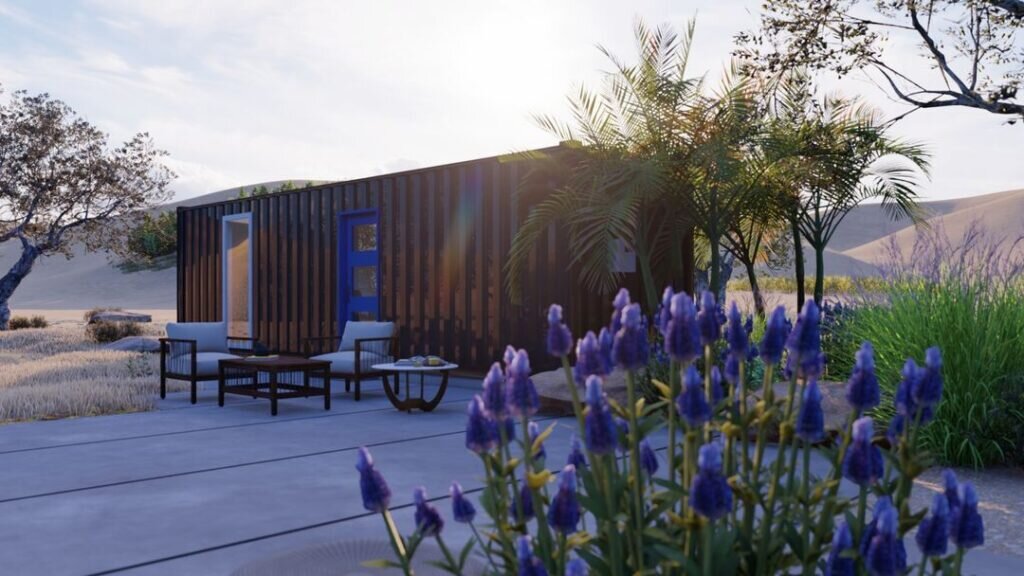
Photo via Alternative Living Spaces
Tony: Could you shed some light on the different sizes, types, and conditions of shipping containers available? What kind of options do people have when they're looking to do a container home?
Lesley: Absolutely. There's a huge variety and so many options for someone to choose from. The standard options are 20ft and 40ft in length, with two different heights. We call them "standard height" and "high-cube height". High-cube height just gives you an extra foot of clearance — so 9ft 6" instead of 8ft 6". There are variations that are sometimes a little more challenging to find, but can be sourced when our customers need them.
Then there are three separate conditions that a shipping container comes in. You have wind and watertight containers, which are used containers that might be a little banged up — they've lived their life, they've been around for a little while. Then we have cargo-worthy containers, another type of used container that can still be used for shipping purposes. The integrity is still there, and the structure is still sound, which is a great option if you need to stack your container.
We also have new "one-trip" containers, which can be a little bit confusing. When I started working with shipping containers, I was like, "Oh, wow, we're getting brand new containers" — but what it means is that it's only done one trip from where it was manufactured to the port it has landed in. So it's lived a very short life and is in great condition.
Tony: I know for most of our tiny homes will usually use one-trip containers. At the end of the day, if you're making it a home that you're going to keep long-term, you may as well get one that's newer than one that's 15 years old. I do see value in the used ones like the wind and water-tight ones if you're really on a budget, and maybe it's just kind of a fun backyard space or something.
Also, on the topic of navigating a container purchase, do you have any general tips or helpful advice you'd give someone going through that process?
Lesley: Definitely do your research, understand exactly what you need, and what product is best for you. Boxhub has a beautiful online marketplace where you can go in and do a lot of background research. But on top of that, we have employees here at the company who will answer any and all questions you have. No question is stupid, and more importantly, no question should go unasked before you make your purchase.
Tony: In my experience, working with Boxhub has just really been a white-glove service. Sometimes it can be kind of shady to buy containers from someone. I've heard horror stories that people are like, "Dude, I bought two containers, and they never showed up," because they found a deal on Craigslist or Facebook Marketplace and it just wasn't a legitimate situation. And so what's awesome about you guys, and the reason we're partnering with you, is not only are you the real deal, but you've always just been amazing to work with, amazing customer service.
Lesley: Something we say quite frequently is that buying a container should be as easy as buying a pair of shoes. That's our entire goal: make it a seamless, headache-free experience, so that it's enjoyable for the customer.
Delivery Timelines and Procedures
Tony: Let me ask you one final question. Say someone is thinking about moving forward with a container from Boxhub, what would you estimate as the turnaround time from purchase to delivery?
Lesley: From the moment you say you'd like to purchase, we're typically able to fulfill the order within 7-10 days. That would be a very reasonable and generous offering.
Tony: From our experience, the toughest part is installation. So when it comes to coordinating transport, what are you looking for? Do you just need access to the property? How precise can you get?
Lesley: When you purchase a container from us, we send a delivery questionnaire to make sure that all of our bases are covered. That way, we know exactly what your expectations are, as well as what the property looks like that we're delivering to. Our delivery partners are industry veterans — they know the ins and outs of everything. They are phenomenal partners who work with us and our clients to ensure that we can maneuver your container into its final location safely.
There are some delivery requirements that our truckers need, which is why we send out the questionnaire to make it a seamless and smooth transition. Smaller locations aren't typically an issue, but we may require additional machinery to get it there. Basically, the more communication, the better. And when you're able to tell us exactly what you need, we're able to plan ahead and make sure that the delivery process is as smooth as possible for everyone.
Tony: What's cool is that on the deliveries we've worked with you on, your drivers have used tilt-bed trailers that can offload the container on-site for you.
Lesley: And another nice thing is that all of our truckers are local to the area they're delivering to. So we recently had one of our drivers reach out to us and say, "Oh, I used to cottage here when I was a kid. I know exactly how to get around this road. I know I need this machinery". So it was great to have that personal experience from the driver to be able to say, "Yes, I know this, I know what I need to do and this is how we can make it seamless."
Shipping Container Homes
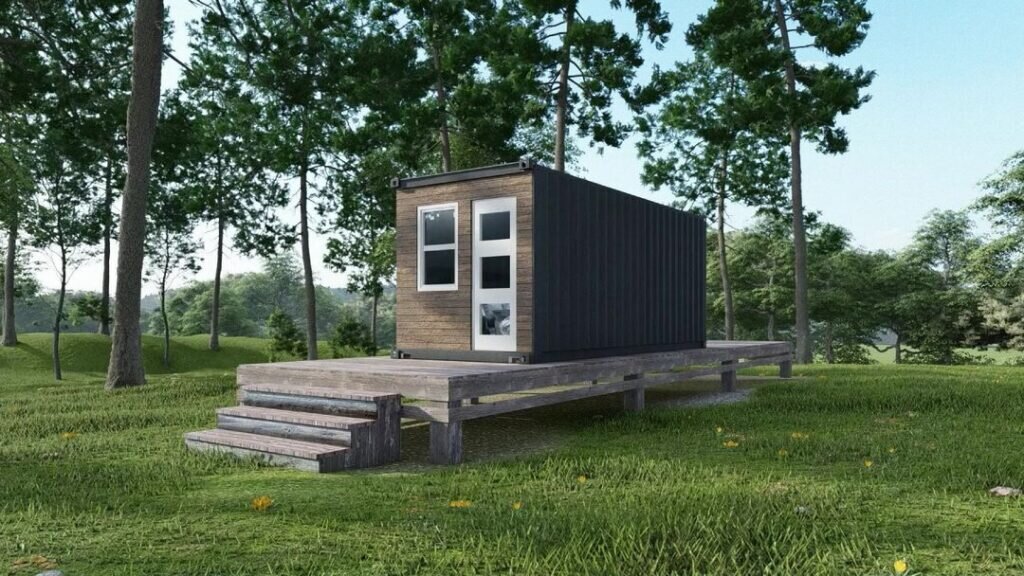
Photo via Alternative Living Spaces
Tony: When it comes to tiny homes, have you had a lot of people interested? Or have you had people in the past come to you specifically looking to turn a shipping container into something that they were going to use as a living space?
Lesley: Absolutely, yes, it happens every day. Our sales team is very well versed in what requirements are needed and can guide customers towards the right product. We work with people converting them into tiny homes all the time.
Tony: Well, with that, Lesley, thank you so much for your time. Any final comments or notes you want to share with us?
Lesley: Good luck to everyone creating their tiny homes from shipping containers and I'm looking forward to seeing photos and hearing stories about how it goes!
Interested in purchasing a shipping container? Request a quote now from Boxhub to get started. Or, if you're interested in a pre-fabricated container home or a DIY container home course, check out Alternative Living Spaces.

About Nina Barango
Nina Barango is an experienced content marketer and container expert with a proven track record in the tech and logistics industry. Having worked with various startups and SMEs, she bridges the world of marketing, tech and shipping containers. When she's not creating content that'll revolutionize global container trade, you can find Nina reading a book or mastering her video editing skills.
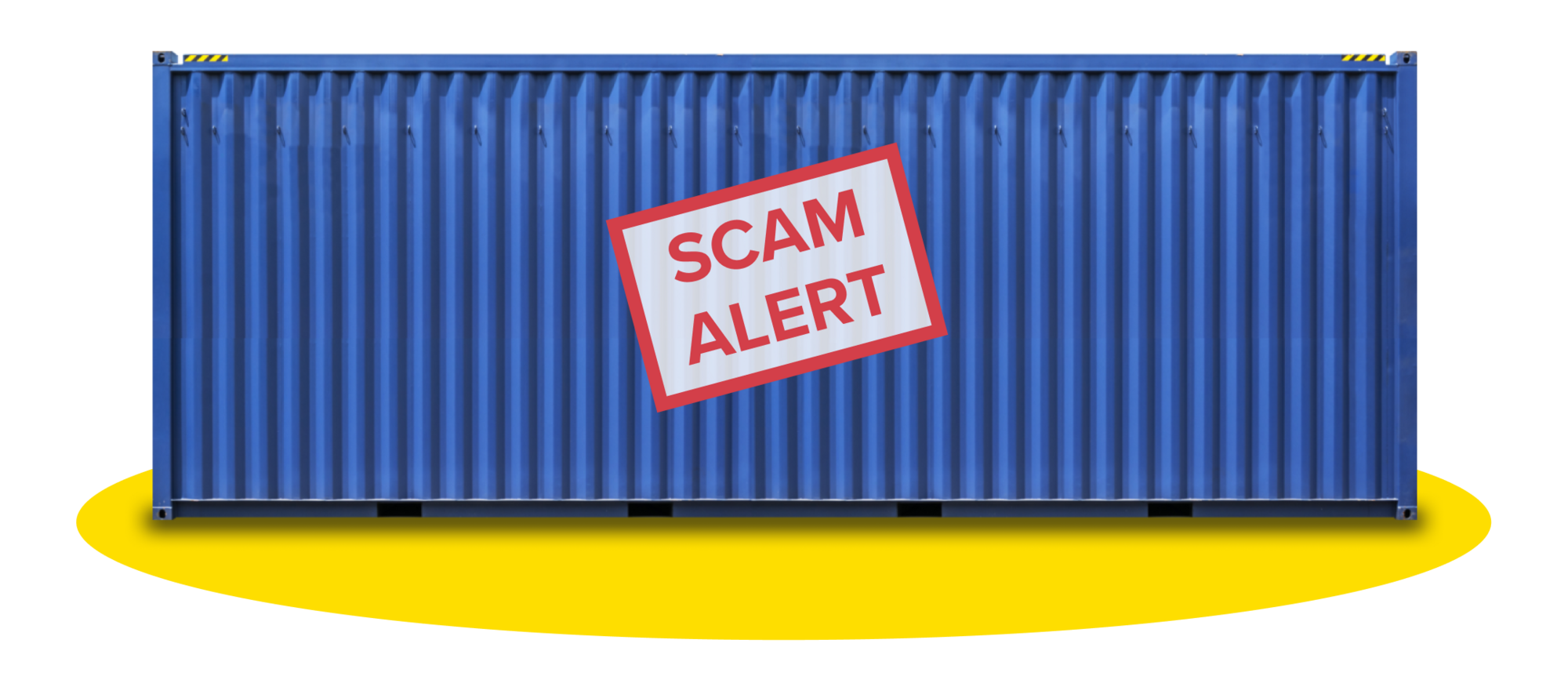

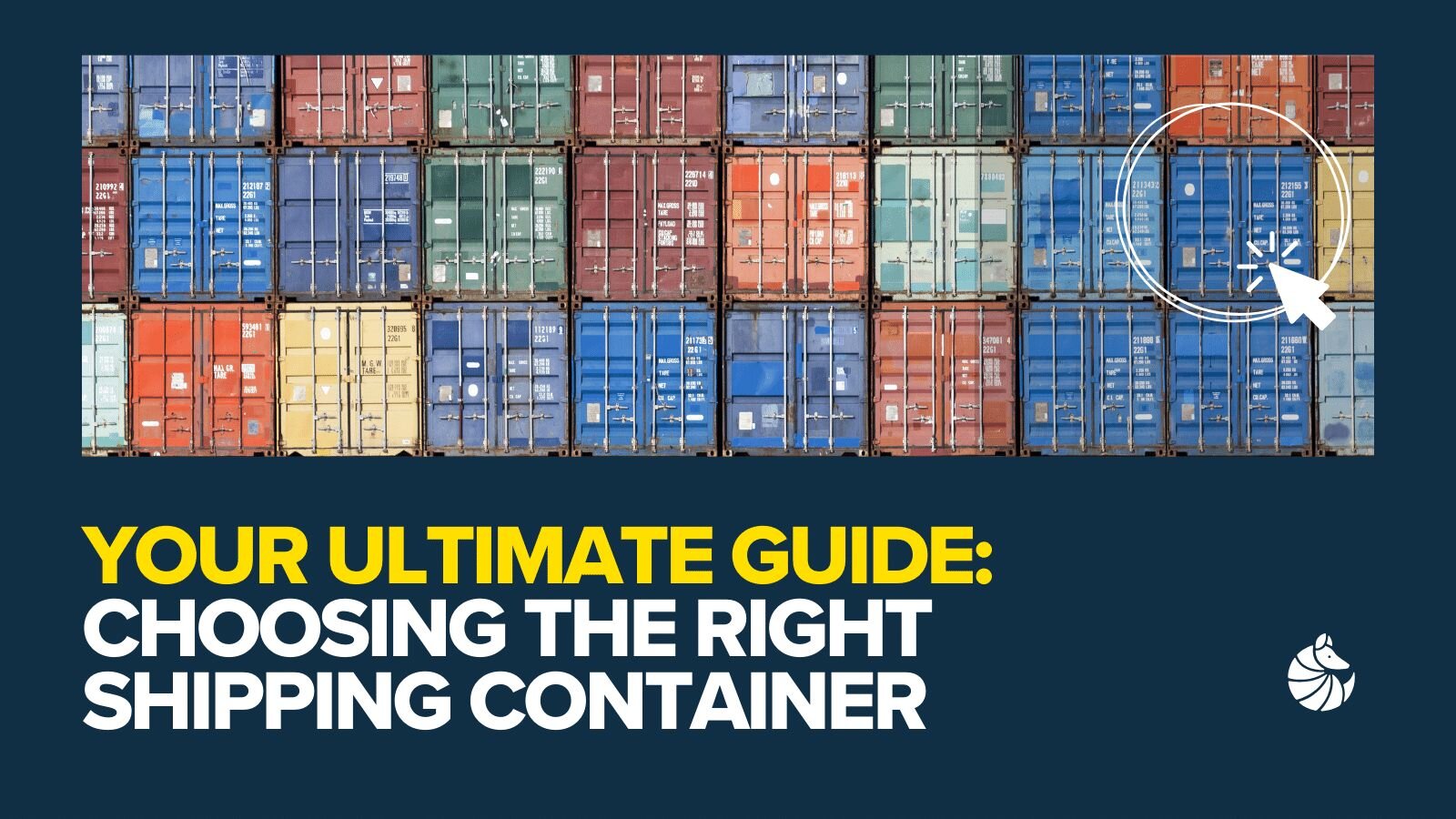

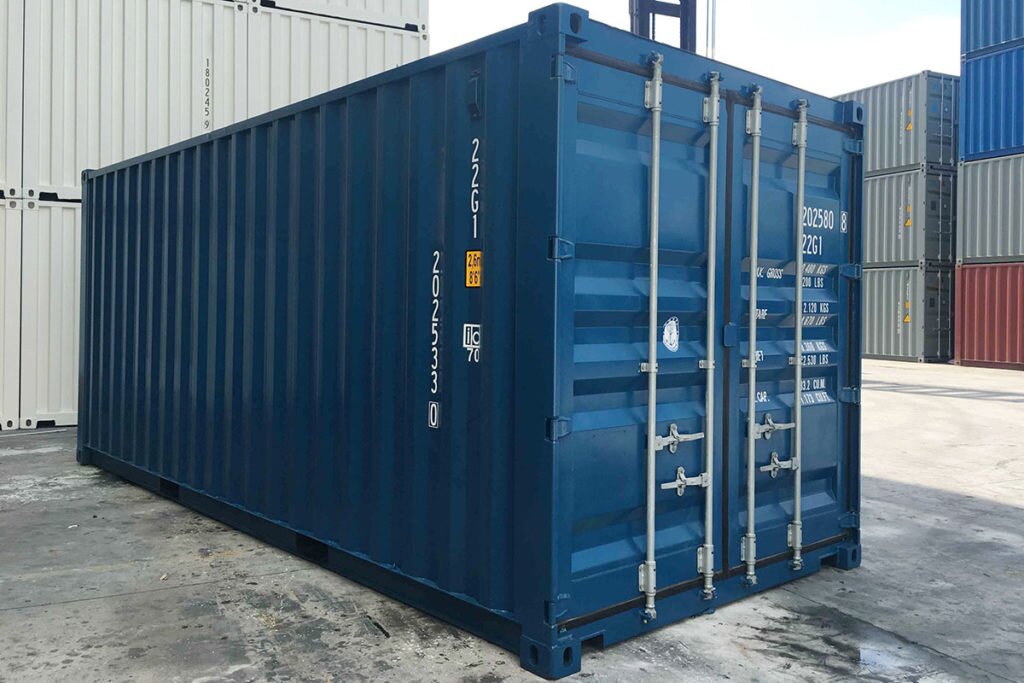


Continue Shopping
Loading cart